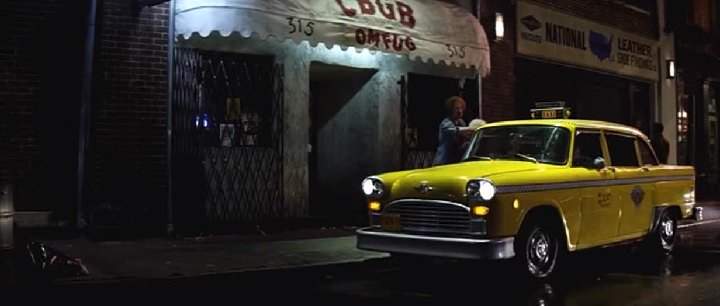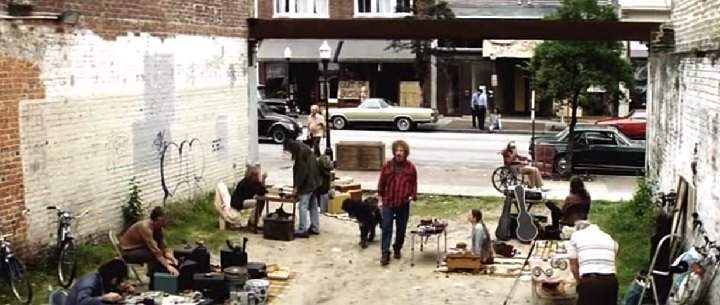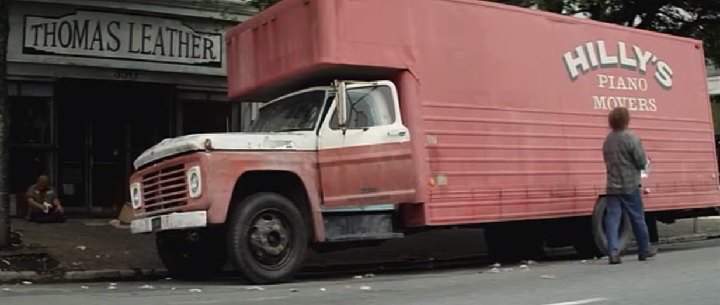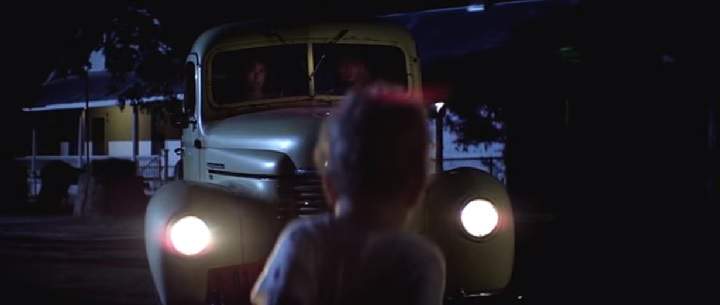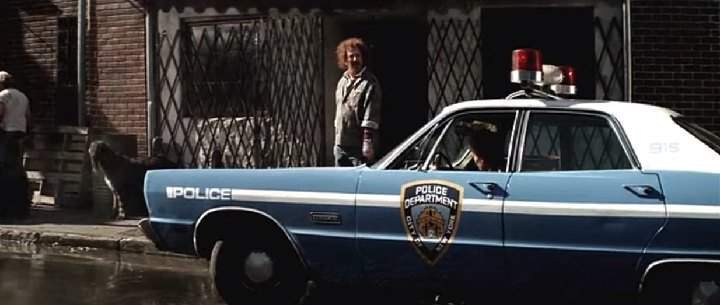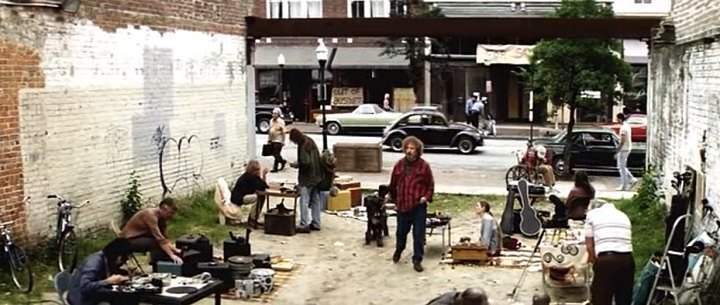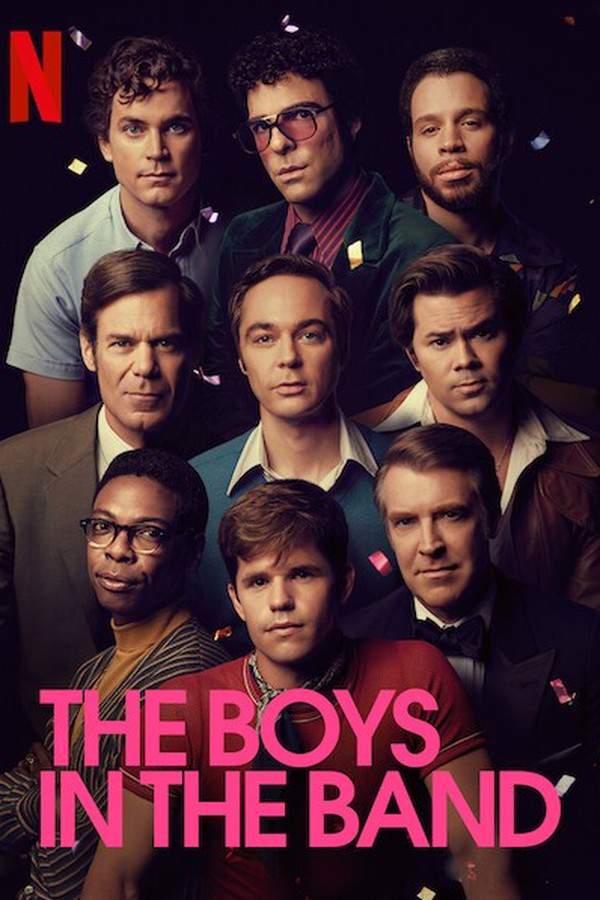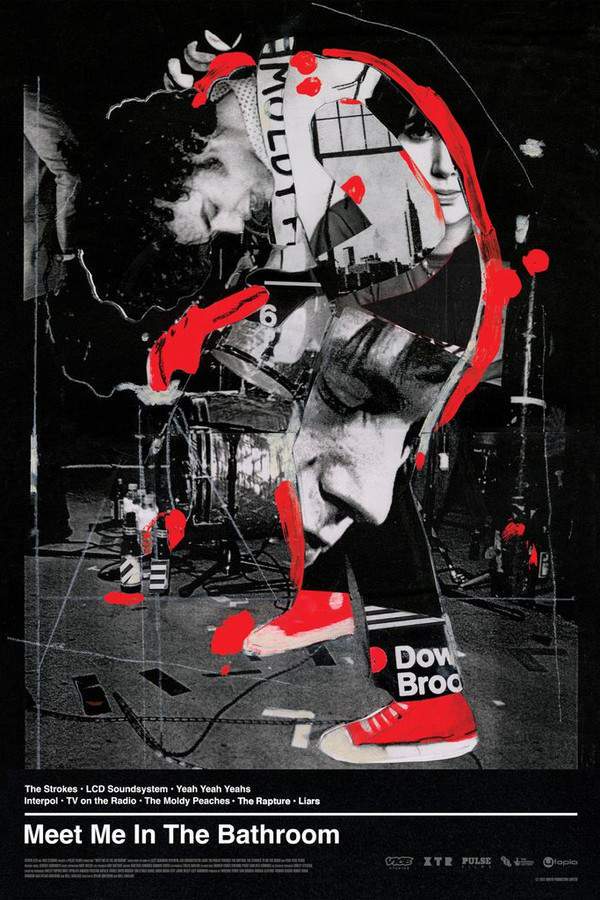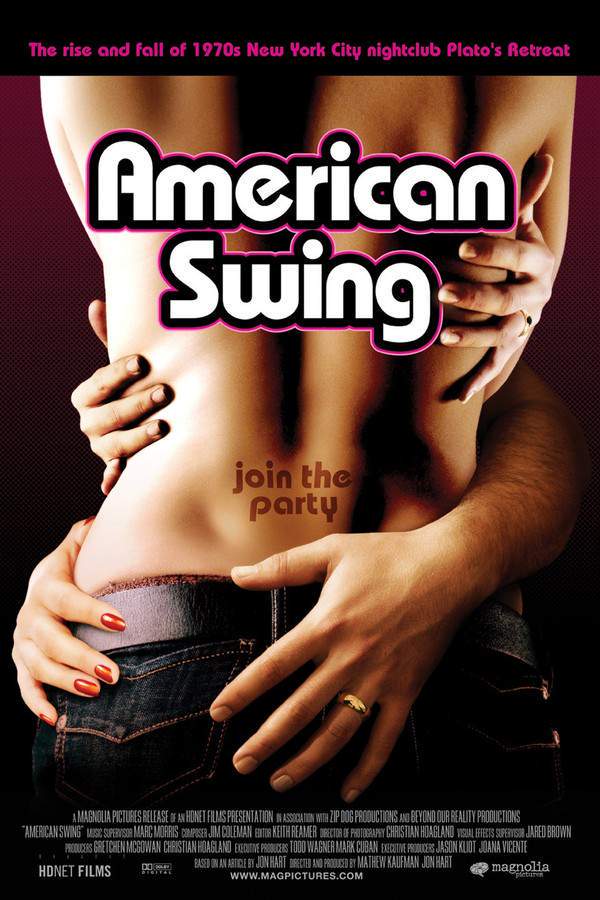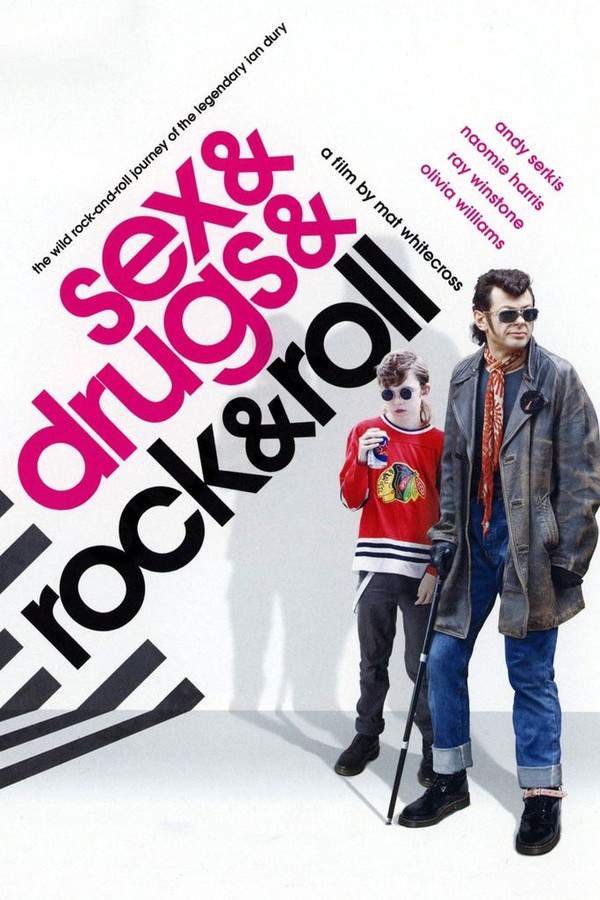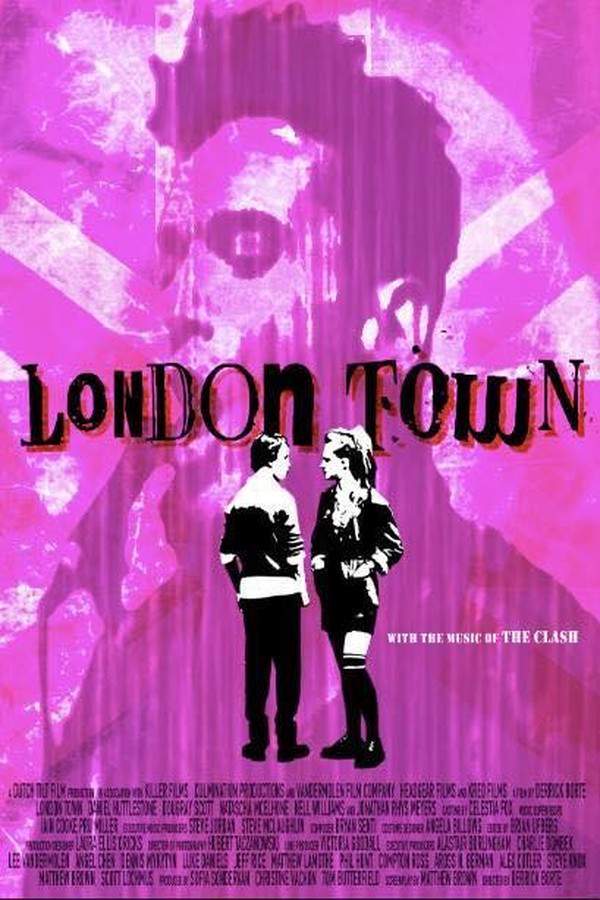CBGB 2013
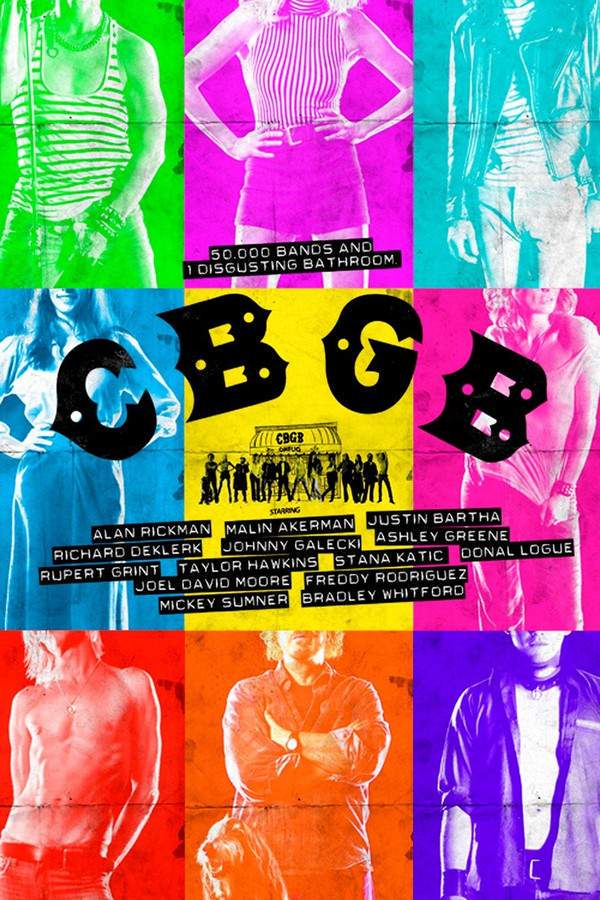
In New York City's Bowery neighborhood, CBGB emerged as an unexpected birthplace for underground rock and roll. The club, founded by Hilly Kristal, fostered groundbreaking acts such as Blondie, Television, and The Ramones, providing a space where they could develop their unique sound. Kristal's rule of only allowing original music helped cultivate a scene that would define punk rock, establishing the venue as a haven for artistic freedom and a symbol of creative rebellion.
Does CBGB have end credit scenes?
No!
CBGB does not have end credit scenes. You can leave when the credits roll.
Meet the Full Cast and Actors of CBGB
Explore the complete cast of CBGB, including both lead and supporting actors. Learn who plays each character, discover their past roles and achievements, and find out what makes this ensemble cast stand out in the world of film and television.
External Links and Streaming Options
Discover where to watch CBGB online, including streaming platforms, rental options, and official sources. Compare reviews, ratings, and in-depth movie information across sites like IMDb, TMDb, Wikipedia or Rotten Tomatoes.
Ratings and Reviews for CBGB
See how CBGB is rated across major platforms like IMDb, Metacritic, and TMDb. Compare audience scores and critic reviews to understand where CBGB stands among top-rated movies in its genre.

30
Metascore
6.7
User Score


7%
TOMATOMETER

43%
User Score

6.6 /10
IMDb Rating

64
%
User Score

3.11/5
From 9 fan ratings
Take the Ultimate CBGB Movie Quiz
Challenge your knowledge of CBGB with this fun and interactive movie quiz. Test yourself on key plot points, iconic characters, hidden details, and memorable moments to see how well you really know the film.
CBGB Movie Quiz: Test your knowledge about the story behind the iconic CBGB venue and the punk rock movement.
Where did the roots of punk rock actually sprout, according to the movie?
A humble Connecticut basement
CBGB
A New York City bar
Los Angeles
Show hint
Full Plot Summary and Ending Explained for CBGB
Read the complete plot summary of CBGB, including all major events, twists, and the full ending explained in detail. Explore key characters, themes, hidden meanings, and everything you need to understand the story from beginning to end.
A narrative unfolds at the beginning, highlighting that punk rock music owes its roots not just to CBGB, but originally to a basement in Connecticut. The story is largely based on true events. In a conversation about launching Punk Magazine, characters John Holmstrom and Legs McNeil ponder their ambitions in their basement. Fast forward to Hightstown, New Jersey, 1933, where a baby manages to escape his crib, only to be found three miles away by his parents.
The plot then progresses to 1972, where we meet Hilly Krystal, played by Alan Rickman, as he faces a judge while dealing with his second divorce and financial ruin. Wandering through New York City with his dog, he unexpectedly encounters a junkie named Idaho and decides to invest in a small bar. After persuading his former partner Merv Fergueson to join him, he secures funding from his mother, leading to the establishment of a bar initially dedicated to country, bluegrass, and blues music.
However, the bar soon adopts the name CBGB, where a pivotal moment occurs when Terry Ork, portrayed by Johnny Galecki, brings in his band, Television, convincing Hilly to let them perform original music. Hilly’s focus remains on ensuring they don’t play too loudly, as chaos ensues when he attempts to keep the place running with the help of streetwise friends.
Amidst a series of humorous mishaps, the burgeoning popularity of CBGB draws in various artists, including the likes of Talking Heads and Blondie. As the punk scene begins to flourish, the bar transforms into a hotspot for famous bands and the publication of the first issue of Punk Magazine. Yet Hilly struggles with finances, often conceding to free entrance and drinks, even as his daughter Lisa becomes involved, questioning his neglectful ways.
As the years progress, the club’s notoriety escalates, entwining Hilly’s life further with the punk movement despite impending issues related to rent and a chaotic atmosphere. With reckless abandon, he prioritizes the music and the scene over fiscal responsibility, which leads to confrontations with landlords and frantic attempts to maintain order.
Despite the tumult, the film captures Hilly’s dedication to the thriving punk culture; he manages the Dead Boys and forges challenging relationships with producers like Genya Ravan. A series of debaucherous events and near disasters solidify the club’s reputation, culminating in heartfelt moments when Hilly realizes the impact his club has made.
The ending scenes brim with nostalgia, as a text scroll elaborates on the extensive legacy left by CBGB, including statistics about the bands and their contributions to music history. The film elegantly weaves in Hilly’s personal journey, touching on family ties and the significance of the punk rock revolution. Viewers are left with powerful memories of an era that shaped music and culture, and a silent dedication to the late Hilly Kristal, the visionary behind it all.
Uncover the Details: Timeline, Characters, Themes, and Beyond!

Coming soon on iOS and Android
The Plot Explained Mobile App
From blockbusters to hidden gems — dive into movie stories anytime, anywhere. Save your favorites, discover plots faster, and never miss a twist again.
Sign up to be the first to know when we launch. Your email stays private — always.
Watch Trailers, Clips & Behind-the-Scenes for CBGB
Watch official trailers, exclusive clips, cast interviews, and behind-the-scenes footage from CBGB. Dive deeper into the making of the film, its standout moments, and key production insights.
Cars Featured in CBGB
Explore all cars featured in CBGB, including their makes, models, scenes they appear in, and their significance to the plot. A must-read for car enthusiasts and movie buffs alike.
CBGB Themes and Keywords
Discover the central themes, ideas, and keywords that define the movie’s story, tone, and message. Analyze the film’s deeper meanings, genre influences, and recurring concepts.
CBGB Other Names and Titles
Explore the various alternative titles, translations, and other names used for CBGB across different regions and languages. Understand how the film is marketed and recognized worldwide.
Similar Movies To CBGB You Should Know About
Browse a curated list of movies similar in genre, tone, characters, or story structure. Discover new titles like the one you're watching, perfect for fans of related plots, vibes, or cinematic styles.
Quick Links: Summary, Cast, Ratings, More

What's After the Movie?
Not sure whether to stay after the credits? Find out!
Explore Our Movie Platform
New Movie Releases (2026)
Famous Movie Actors
Top Film Production Studios
Movie Plot Summaries & Endings
Major Movie Awards & Winners
Best Concert Films & Music Documentaries
Movie Collections and Curated Lists
© 2026 What's After the Movie. All rights reserved.



















